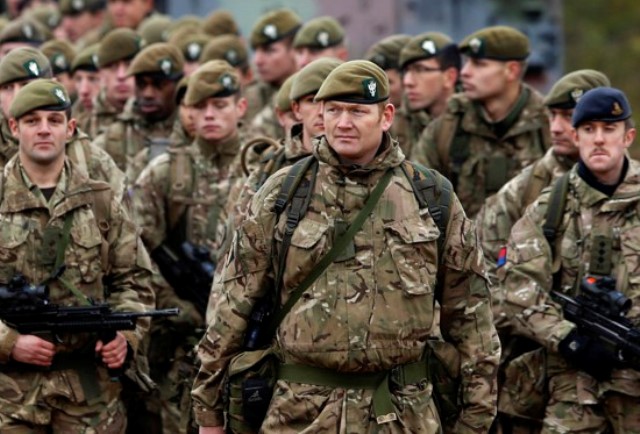The first ever European Union (EU)-India Track 1.5 dialogue on countering the use of unmanned aerial systems (UAS) by extremists and non-state actors will take place in New Delhi on Thursday.
The day-long EU-India roundtable seeks to better understand the range of current and emerging threats particularly involved with consumer-grade UAS technology. Participants from the EU and India will also discuss best practices regarding regulatory, tactical and investigative responses to addressing UAS threats in both regions, according to an official release.
Commercial UAS has been developing rapidly in recent years, both in terms of technological sophistication and consumer availability. Violent extremists have exploited these inexpensive and adaptable consumer devices for different purposes, including reconnaissance and violent attacks.
This roundtable is part of a series of ongoing counterterrorism engagements between the EU and India, building on recent activities under the EU project Enhancing Security Cooperation In and With Asia (ESIWA). In the field of counter-terrorism and preventing violent extremism (CT-PVE), activities have included successful chemical, biological, radiological and nuclear (CBRN) risk management training for Indian security practitioners, and moderated expert discussions on countering online extremism, the release added.
“Security and terrorist threats are increasingly of an hybrid nature. The use of commercial drones is a case in point. If a relatively cheap device can carry and fly a pizza or biryani, then clearly, they can also be used for carrying more nefarious payloads, such as weapons or explosives” EU Ambassador to India Herve Delphin said.
“Sharing knowledge and experiences between us, the EU and India, is highly relevant and crucial to counter drones’ threats that we each face, in this rapidly evolving field. This seminar testifies to EU and India’s general joint commitment to intensify dialogue and cooperation on security issues,” he added.
Seizing the opportunity to exploit these relatively inexpensive and adaptable devices, terrorist organisations and individual violent extremists across the world have deployed ‘off-the-shelf’ drones. The swift rise of this phenomenon and the evolving technologies involved mean that threat assessments and mitigation strategies are recent and ongoing. Sharing information with peers is therefore vital in forging a common response to ensure our security and defence.
This EU-India roundtable has been organised by the ESIWA project, in partnership with the National Security Guard of India, and the EU Delegation to India. Highlighting the Team Europe approach, expert inputs will be provided from the EU’s Directorate General of Migration and Home Affairs (DG Home), Spain’s Ministry of the Interior, Hungary’s national police (Rendorseg), along with the United Nations Office of Counter-Terrorism (UNOCCT), it also said.
The ESIWA project is co-funded by the European Union, the German Federal Foreign Office and the French Ministry for Europe and Foreign Affairs. It works to enhance the EU’s security and defence cooperation with the Indo-Pacific in four thematic areas: counter-terrorism and preventing violent extremism, crisis management, cyber security and maritime security. The project is co-implemented by the German Corporation for International Cooperation (GIZ) & Expertise France.
ESIWA’s activities in counter-terrorism and preventing violent extremism (CT-PVE) aims to contribute to information exchange, capacity building and mutual learning.
In October 2023, the EU Commission issued a Communication to the Council and European Parliament on countering potential threats posed by drones. The document sets out the EU’s commercial drone policy for the next several years.
The communication specifically aims to “provide a comprehensive and harmonised policy framework; build a common understanding of applicable procedures to face the continuously evolving threats possibly posed by drones; and take into account the rapid developments in technology”. (ANI)
For more details visit us: https://lokmarg.com/




